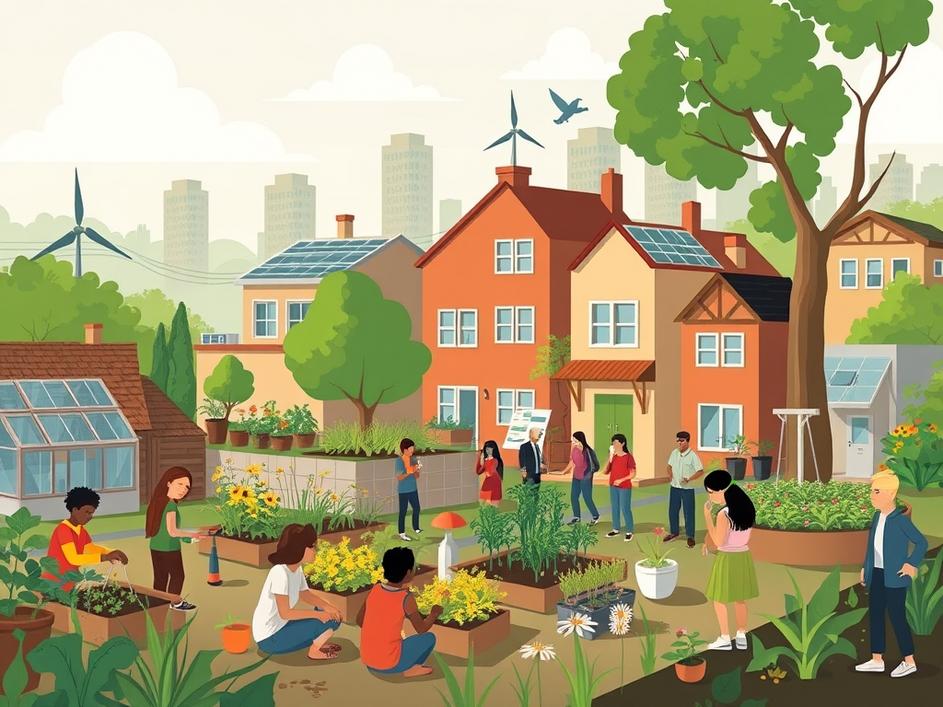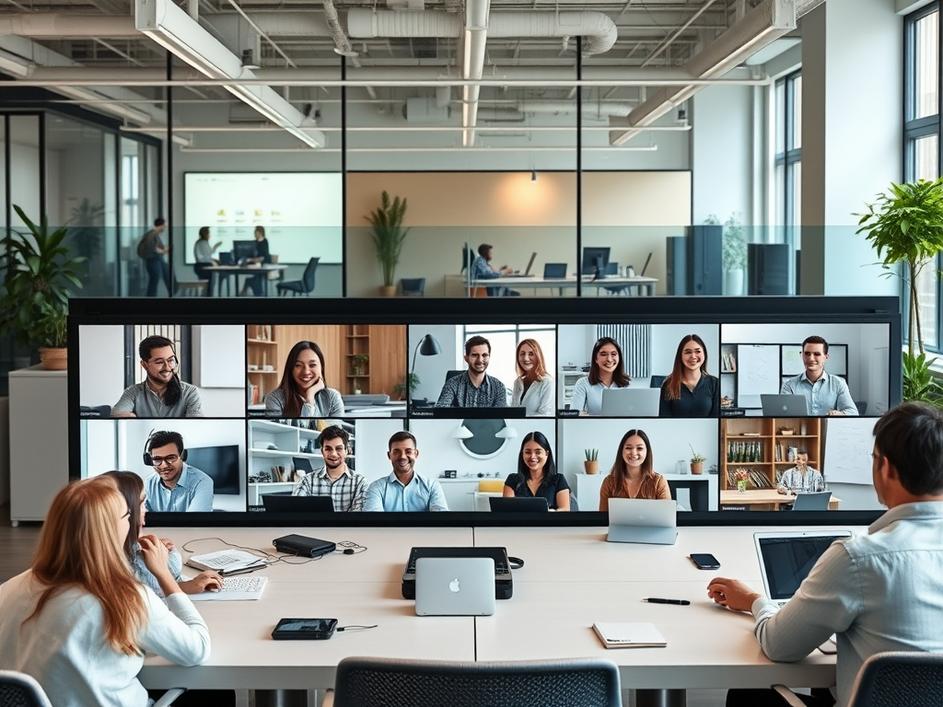


We are a digital agency helping businesses develop immersive, engaging, and user-focused web, app, and software solutions.
2310 Mira Vista Ave
Montrose, CA 91020
2500+ reviews based on client feedback

What's Included?
ToggleClimate change is no longer a distant threat; it’s here, and it’s reshaping our world. From increased temperatures to wild weather patterns, we see the effects play out daily. The urgency to address this crisis grows, not just for future generations but for our immediate survival. Various sectors are feeling the heat, and we can’t afford to ignore the signs. As communities grapple with these changes, the question shifts from ‘what can we do?’ to ‘how can we adapt?’
Traditionally, conversations around climate justice focused on reducing carbon footprints and promoting renewable energy sources. While these are still crucial, there’s a new narrative emerging. Adaptation is becoming as important as mitigation. This means adjusting our practices to cope with the unavoidable impacts of climate change. Cities are looking at infrastructure changes, while farmers are experimenting with new crops that can withstand harsher conditions. There’s a mindset shift that we all need to embrace: it’s about living in balance with our changing environment.
At the core of adaptation is community resilience. When neighborhoods come together, they become more robust against climate impacts. For example, community gardens not only provide fresh food but also enhance local ecosystems. Likewise, sharing resources like rainwater capture systems can empower residents to manage water scarcity. Collaboration is key. Whether it’s pooling resources or sharing knowledge, communities that support each other can face climate challenges more effectively.
You might think adapting to climate change is purely a burden, but there’s an economic angle to consider too. As industries transform, new job opportunities arise. The renewable energy sector is booming, with a growing demand for skilled workers. Plus, as companies innovate to produce sustainable goods, they often search for fresh talent. So, while change can be daunting, it also presents chances for people to thrive in a new economy not solely based on fossil fuels.
No one has all the answers when it comes to climate adaptation. It’s a process of trial and error for most. However, what we can do is learn from one another. Communities sharing their innovative approaches or government programs supporting adaptation can pave the way for collective progress. Real solutions will come from combined efforts, and we must be open to exploring unconventional paths. More than ever, it’s vital to stay informed, involved, and willing to adapt ourselves.



Comments are closed